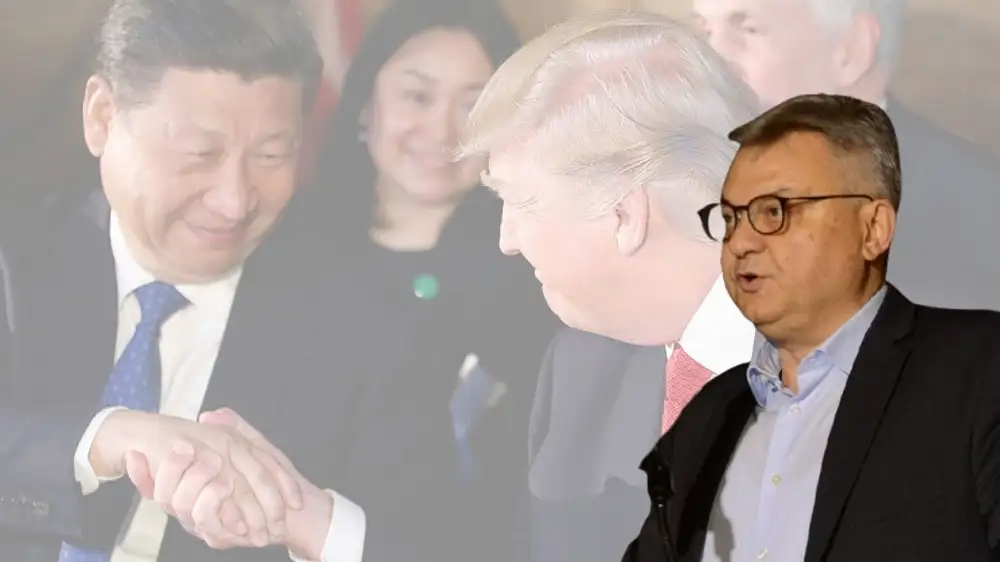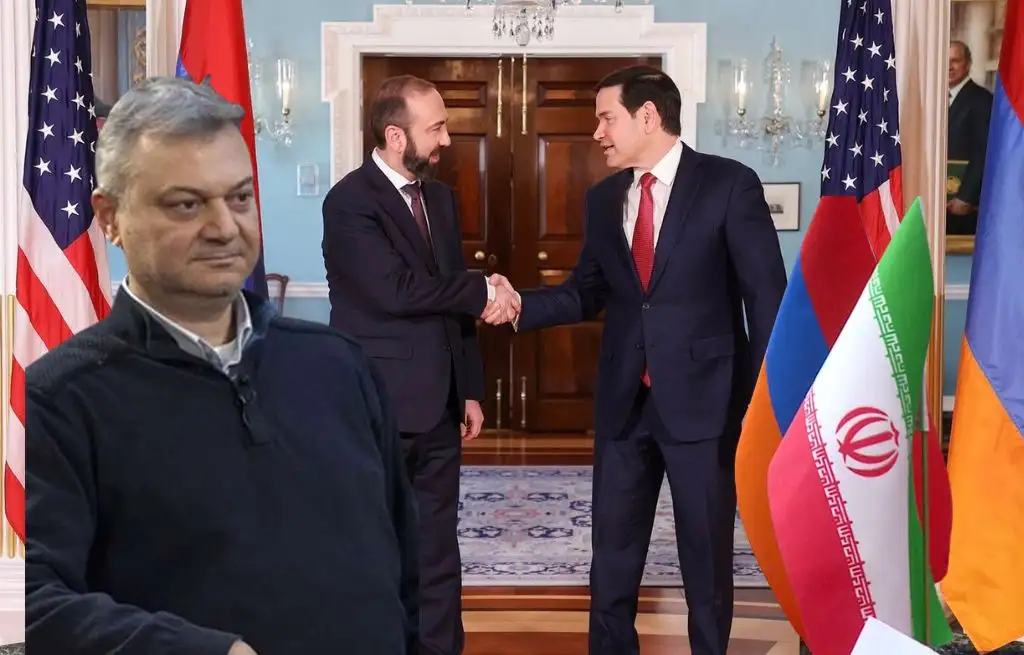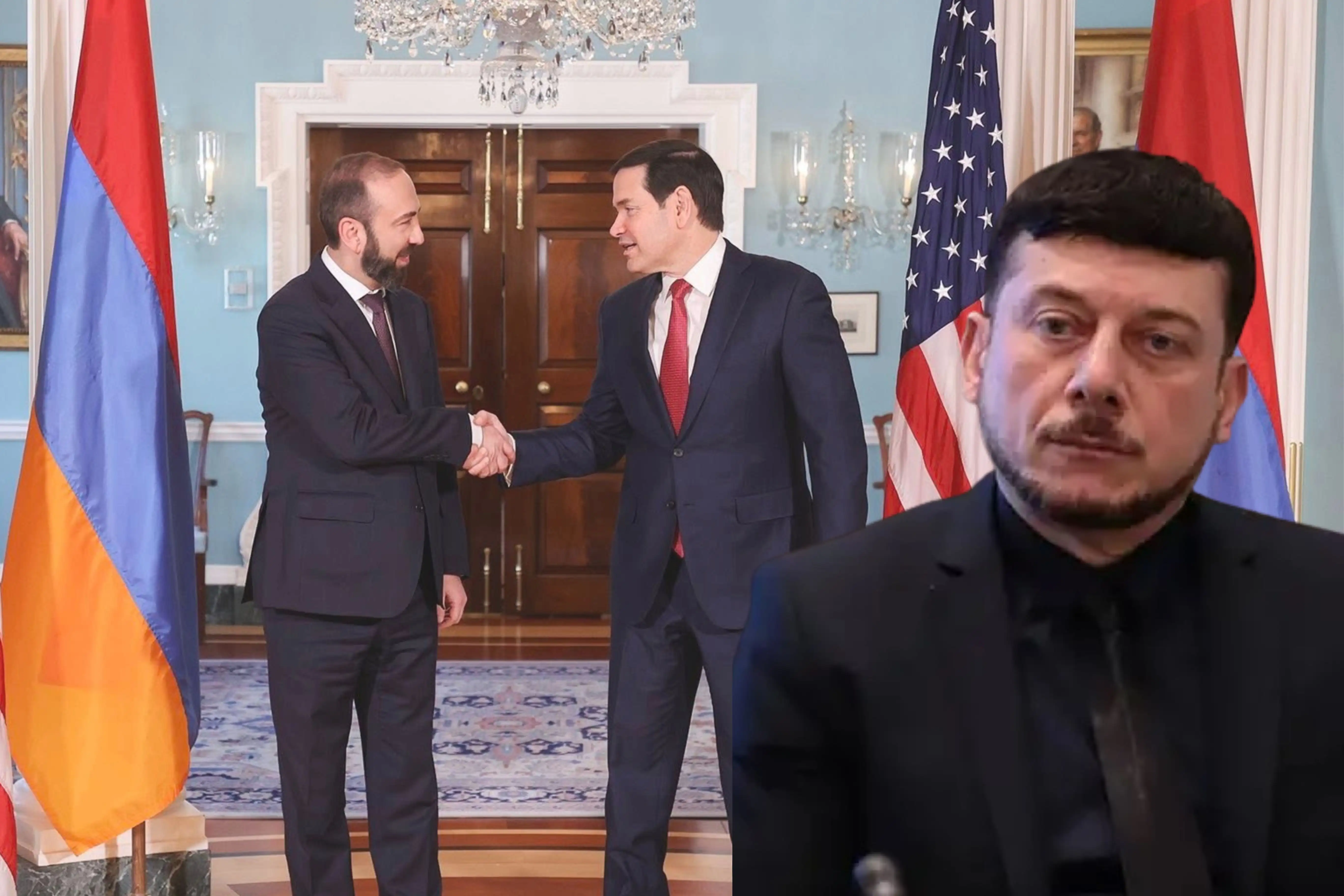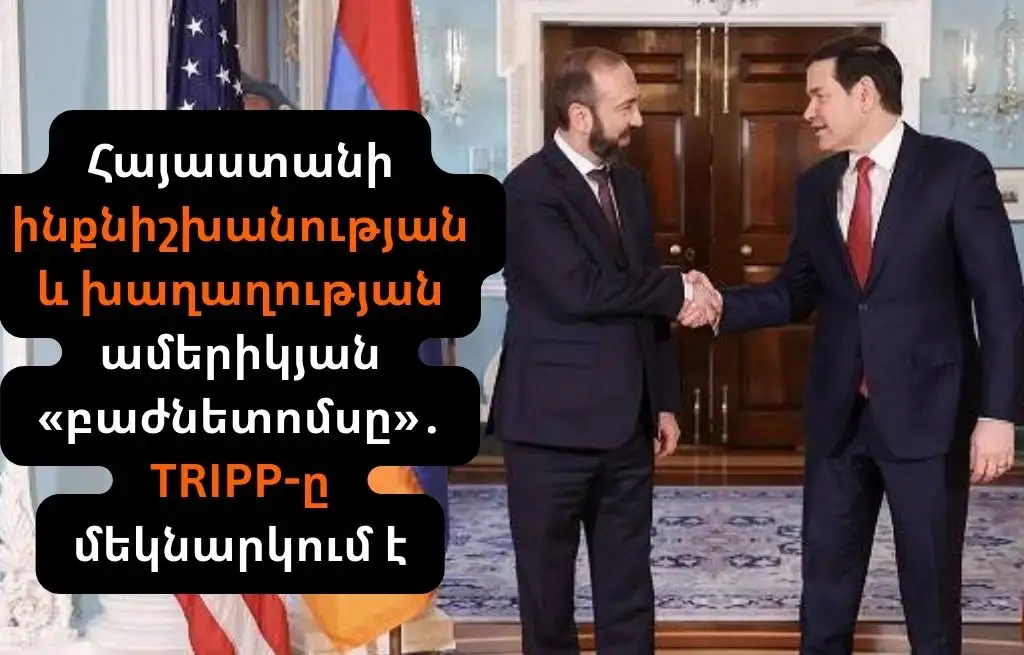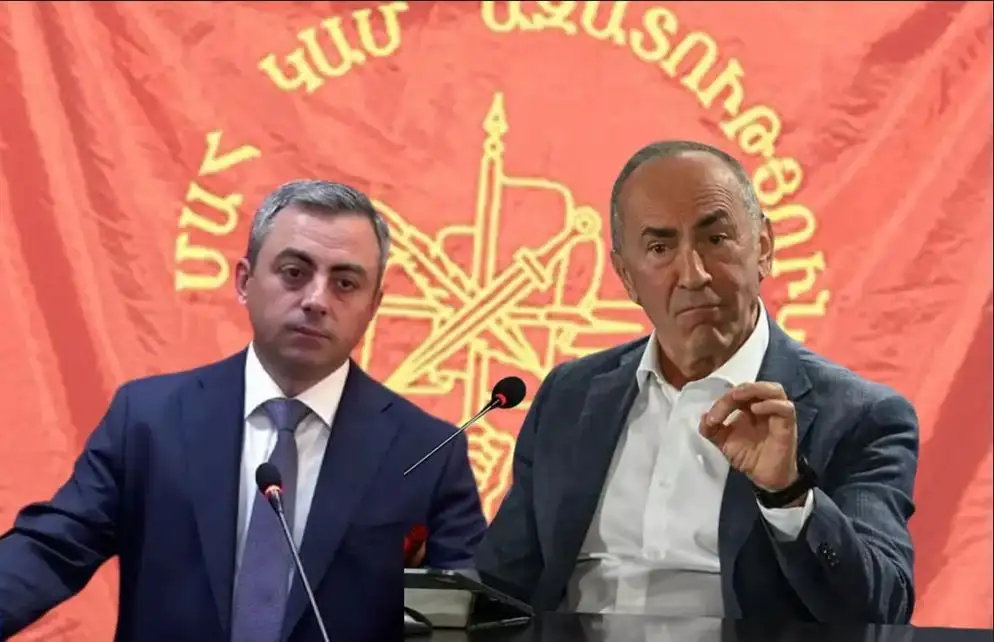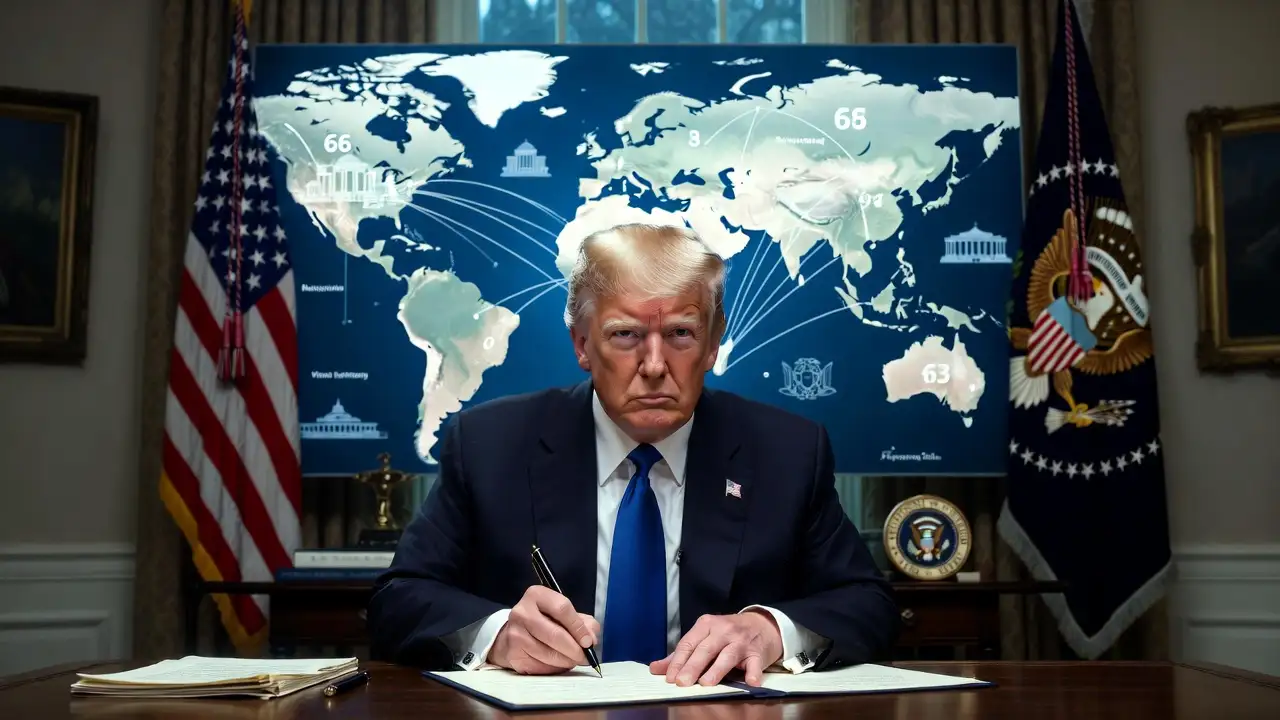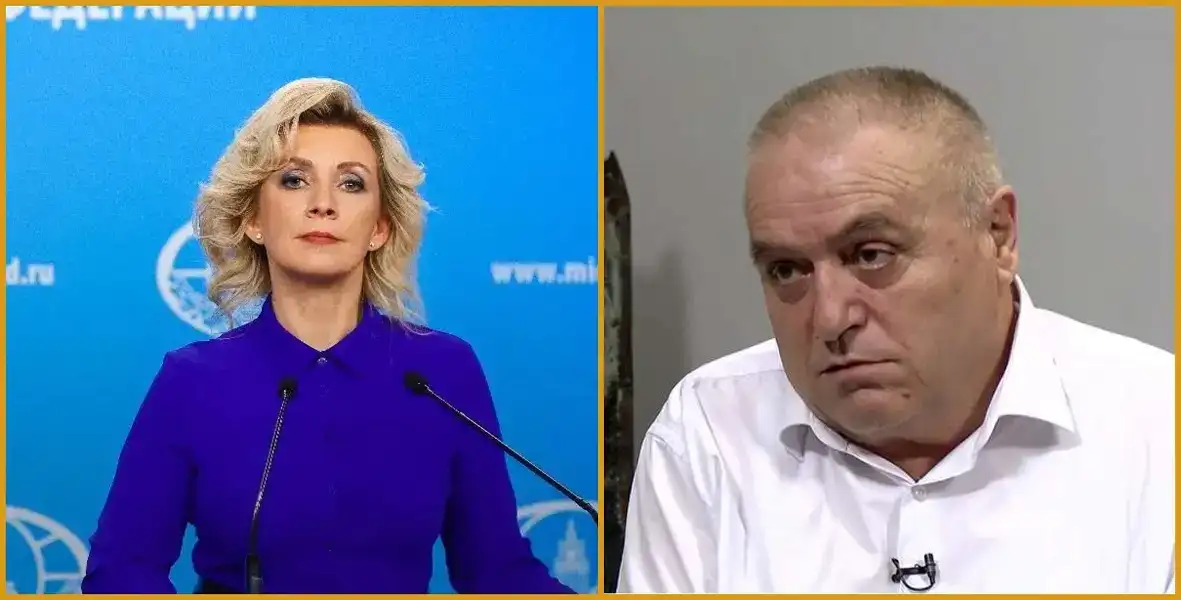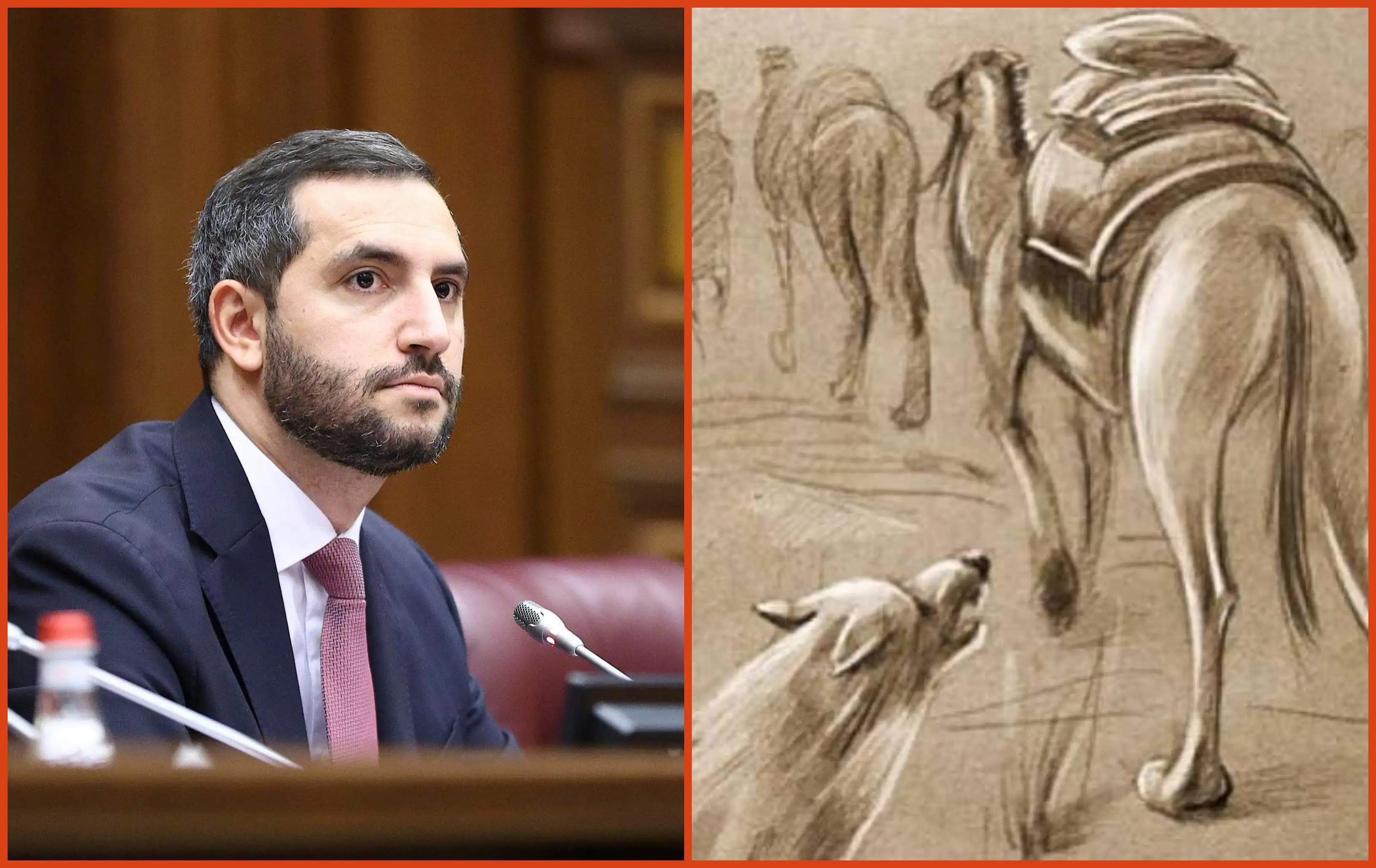Radar Armenia's interlocutor is international affairs expert Shahan Gandaharian.
- How would you comment on the meeting between the US and Chinese presidents? In addition to economic agreements, what political results were recorded during that meeting?
- In political terms, first of all, of course, it was a meeting that promoted mutual restraint, easing tensions, and continuing economic cooperation with political agreement. The main thing, however, is that the US did not allow the Russian-Chinese axis to form, replenishing other countries.
- What consequences could that meeting have in geopolitical terms, including on the front of the current hot conflicts?
- The US-China dialogue could create a de-escalation situation in the South China Sea and Taiwan. China is still an economic pole. The two poles are interdependent. In the current financial world order, the US and China are "doomed" to cooperate. For this, a calm political environment is necessary. Hot conflicts, especially in the Middle East, continue to be under the control of the United States. China is not involved at the moment. Later, when the time comes for economic investments, China's presence will be noticeable.
- I would like to ask you to address the statements about nuclear weapons testing. Russia is deploying a new type of weapon, and the United States is talking about nuclear weapons testing. What consequences can these have, what can they lead to?
- The rhetoric may enter the testing phase. This is also an action that is part of the process of mutual deterrence. There will be new weapons, which is also a huge economic market. The military industry has significant investment implications, particularly in terms of exporting the demonstrated products to the consumer market. The latest generation of weapons, at least at present, is primarily used for demonstration and testing, as well as for sales purposes.
- In this context, how would you assess Russian-American relations and their prospects?
- Russian-American relations are at a very low level, despite occasional statements that give the impression of a dialogue process. The time has not yet come for Washington to force Ukraine to agree to a ceasefire. Until then, the international community, led by the United States, will continue its policy of isolating Russia.
Arman Galoyan




